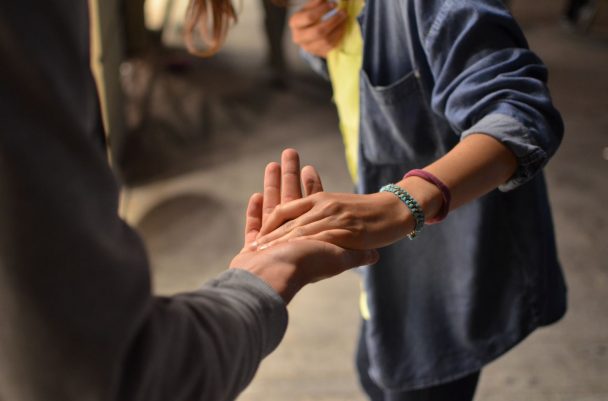Description
This course is designed to offer a deeper understanding of class dynamics, students’ well-being, learning success, and family involvement in inclusive schools.
“We are all special” reflects the attitude that educators may use in inclusive classes, in order to prevent labeling, isolation, or bullying towards students with special needs. In a diverse classroom, diversity is a synonym for understanding, integration, and opportunity.
Participants will be given a general introduction to main disabilities such as learning disabilities (dyslexia, dyspraxia), emotional and behavioral disorders (ADHD, ADD, Depression, Bipolar), intellectual and physical disabilities, and impairment, developmental disabilities (Autism). They will also be encouraged to share their experiences and the difficulties they may have encountered in their profession.
They will be given a series of hands-on activities to prevent isolation and disruptive behaviors from the beginning of the school year, considering peer interaction and peer support as fundamental elements to build social skills, and self-confidence, and cope with stress and helplessness.
Participants will also experience effective relaxation techniques and movement-based activities, to be used with students with special needs and the rest of the class.
Finally, participants will be trained in the use of positive and practical strategies to improve effective communication with parents and with the rest of the class.
What is included
Learning outcomes
The course will help the participants to:
- Acquire, reflect, and refresh knowledge about main disabilities such as learning, intellectual, and physical developmental disabilities;
- Exchange reflections and practices, share difficulties and solutions with colleagues;
- Experience concrete activities to prevent isolation and disruptive behavior, which can be replicated in the classroom;
- Learn how to empower peer interaction and support with other students with special needs and classmates;
- Practice effective and positive communication with parents.
Tentative schedule (in Barcelona, Florence, Helsinki and Tenerife)
Day 1 – Course introduction & exploring inclusivity
- Introduction to the course, the school, and the external week activities;
- Icebreaker activities;
- Presentations of the participants’ schools;
- Criteria for an inclusive school.
Day 2 – Understanding special educational needs
- Introduction to main special educational needs: assessment and risk management;
- Individual and group practical activities;
- Presentation of cases.
Day 3 – Prevent isolation, promote self-confidence
- Peer interaction and support in inclusive classes;
- Group exercises to foster inclusive group cohesion;
- Individual and group practical activities.
Day 4 – How to switch off
- Movement-based activities and relaxation techniques to improve behavior;
- Individual practical activity.
Day 5 – Improving communication
- Positive and collaborative relationship with parents in inclusive schools;
- Presentation of cases.
Day 6 – Course closure & excursion
- Course evaluation: round-up of acquired competencies, feedback, and discussion;
- Awarding of the course Certificate of Attendance;
- Excursion and other external cultural activities.
Tentative schedule (in Athens)
Day 1 – Course introduction & the nature of special needs
- Welcome to the course!
- Introduction to the course, the school, and the external week activities;
- Icebreaker activities (e.g. Who is who?);
- Presentations of the participants and their schools;
- The Nature of Special Needs.
Day 2 – Disorders, special educational needs, or educational needs?
- Psychosocial and individual/medical models of disabilities;
- Introduction to common -special- educational needs;
- Reflecting on students’ educational needs: exchanging country practices;
- Individual and group practical activities.
Day 3 – Diversity and inclusion
- Diversity, identification of barriers to participation and learning arising within neighborhood schools, and resources to support all students;
- What is an inclusive school?;
- Group discussion and individual/teamwork practical activities.
Day 4 – Supporting variability
- Drawing up development priorities and planning interventions to support diversity (e.g. curricula adaptations, design of differentiated lessons);
- Slides presentation, individual/teamwork practical activities.
Day 5 – Reviewing progress
- Alternative learning practices, techniques, materials, and associated assessment tools to review development;
- Hands-on activities, individual/teamwork practical activities.
Day 6 – Course closure and cultural activities
- Course evaluation: round-up of acquired competencies, feedback, and discussion;
- Awarding of the course Certificate of Attendance.
- Excursion and other external cultural activities.









